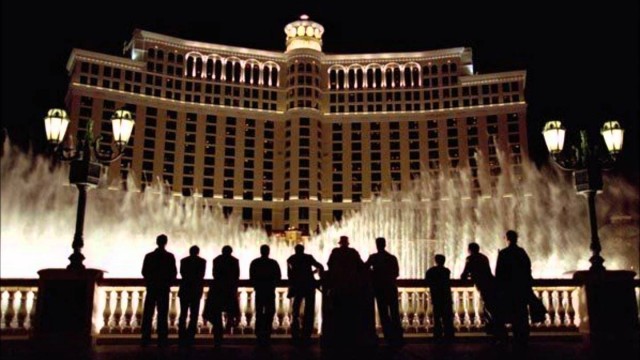In Wednesday’s article on the 10 worst films of 2015, there appears an interesting exchange between Son of Griff and Anthony Pizzo:
SoG: . . .Heathers, [a] film that doesn’t get enough crap thrown at it for its tonal incongruities.
AP: The difference between Heathers and (as far as I can tell) Unfinished Business is that the shifting tones are firmly rooted in the protagonist’s point of view. . . .For me, it’s a much easier shift to swallow when the protagonist is a still-developing person, rather than an overgrown idiot man child.
This is a discussion and a criticism that comes up a lot, the problem of inconsistent tone in movies. It has to do with how movies are watched, and how people talk about them, and it’s something that’s important. One way of answering the question is to simply ignore it–the movie is as it is, and if you have a problems with its tone not being consistent, you’re Watching It Wrong. I don’t buy that, though, because keeping the audience in mind matters–and that’s not the same thing as trying to manipulate them.
I admit this is a nebulous thing to discuss without going through pages and pages of reviews and IMDb comments, so I’ll just give my impressions and ask people to contribute their views in the comments. It seems to me that although many (if not most) viewers are OK with being surprised by actions, they don’t want to be surprised by tone. A comedy should be funny; a drama should be sad or at least important; horror should be scary. A film shouldn’t treat its incidents with more lightness or darkness than necessary–look at all the discussions over superhero movies post-Batman Begins, or, apparently, a lot of discussions about the second season of True Detective.
There are works that can jumble their tones and have it work, and I realize now some of my favorite works do that. Look at The Shield, which could have cringe comedy, social history, and classical tragedy in three successive scenes. Or, to name another personal favorite, Full Metal Jacket; I think part of the reason it gets underrated is that it doesn’t have the tone of a traditional war film, but it doesn’t have the tone of an anti-war film either. Or consider Soderbergh’s Ocean’s 11, which starts out as a fun caper flick and by the end turns into something more moving, a consideration of the way legacies are passed from one generation to the next, or his equally masterful The Informant! which can switch fully between comedy and drama from moment to moment.
When it doesn’t work, we call it tonally inconsistent. Yet it can work and produce some of the greatest and strangest movies and TV shows. I want to leave this as an open question, but for now, consider this as an answer, or something that points us towards one: if you can’t unify the tone, something else has to be unified. The Shield gets away with it because of its unified, observational style–it looks like we’ve just been thrown into the action, so “it can shift through tones as fast as life does.” Full Metal Jacket crafts a tone of acceptance that’s unique in Kubrick’s entire career. Soderbergh gets away with it in Ocean’s 11 on the basis of a strong caper plot, and in The Informant! on the strength of Matt Damon’s performance, recognizably the same person no matter what he’s doing.
So as ever, what say you? Is tonal consistency important to you? Have there been tonally inconsistent movies that you like and why? The comment section is open, and happy New Year and best wishes for an all-owning 2016 to everyone!


